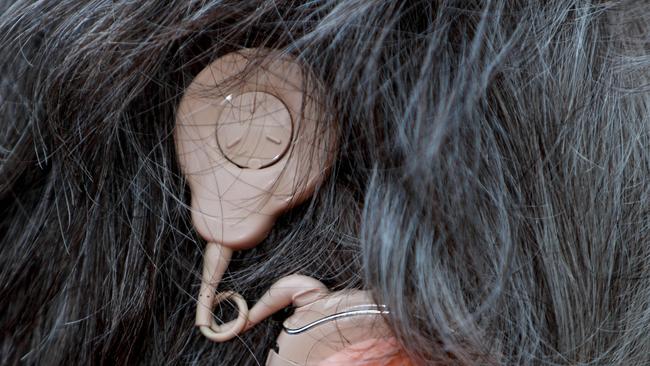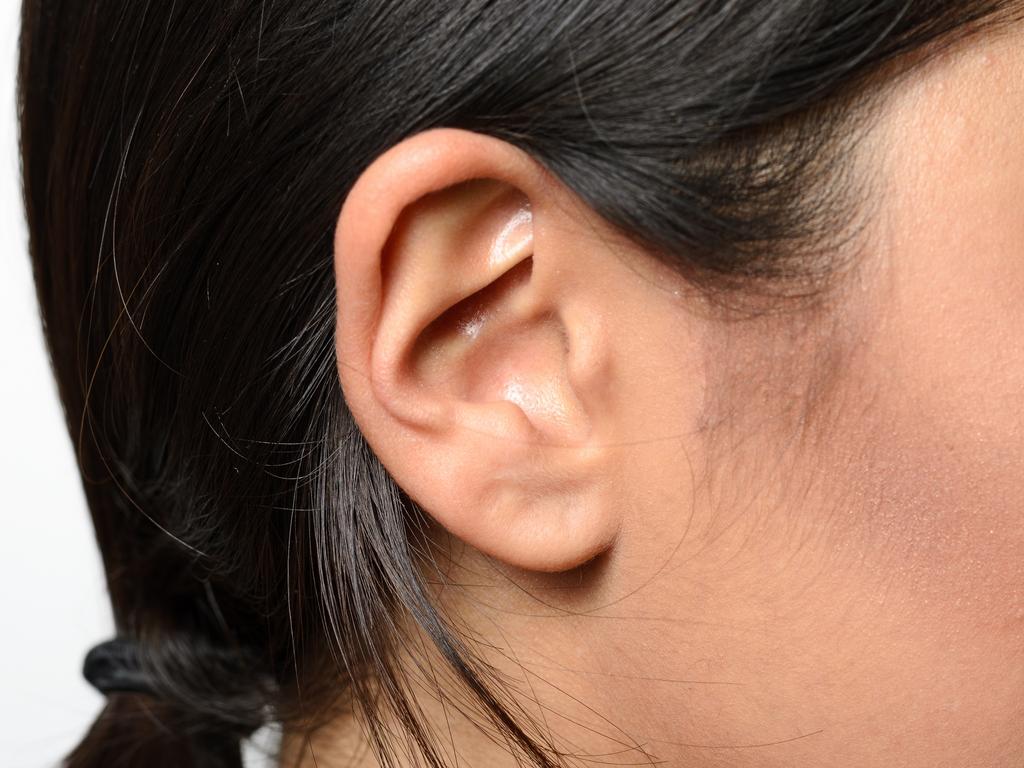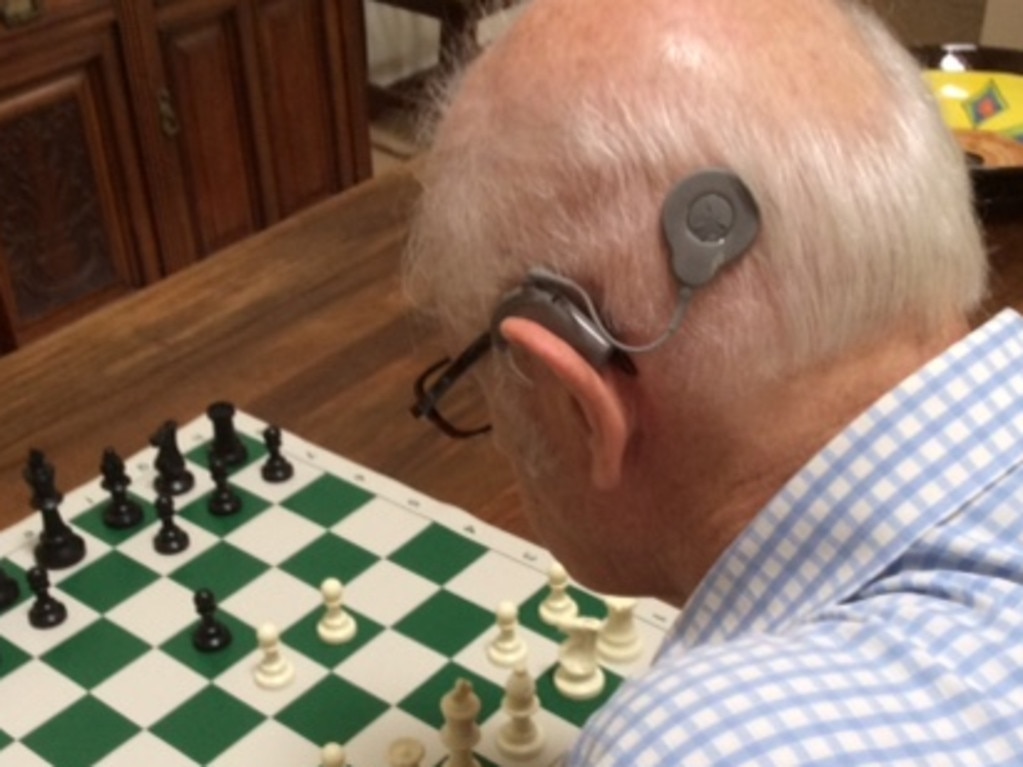Cochlear eyes JobKeeper as revenue slumps 60 per cent
A 60 per cent revenue hit has left hearing implant maker Cochlear lining up for the JobKeeper payment scheme.

After tapping the market for $1.1bn, hearing implant giant Cochlear is now seeking to tap into the $130bn JobKeeper scheme and other government subsidies as coronavirus wipes 60 per cent off its revenue.
The $11.9bn company confirmed on Monday it would seek access to the government’s $1500 a fortnight wage subsidy as it fights to retain as much of its workforce as it can during the pandemic.
Elective surgery bans have hit Cochlear hard, with the company reporting an 80 per cent nosedive in sales of their cochlear and acoustic implants during April. To access JobKeeper, it must show it has suffered a revenue fall of at least 50 per cent across its entire business, given it exceeds the threshold of turning over more than $1bn a year.
“Cochlear expects to be able to participate in various government subsidies, including JobKeeper in Australia, with similar subsidies available in a number of Western European countries,” chief executive Dig Howitt said.
Cochlear joins Tabcorp and casino operators Crown Resorts and Star Entertainment in lining up for government JobKeeper funds.
But Mr Howitt said he didn’t expect to receive much cash from Australian and other governments.
“It’s still early days and the total magnitude of government assistance that we will receive around the world will be very small.
“I’ve seen some European companies indicating that the governments are covering up to 20 per cent of their cost base, well it’s absolutely nothing like that for us. It’s welcomed but it will be a very small number.”
Mr Howitt said Cochlear had a role to play in shoring up its finances and had cut non-essential spending and capital expenditure until there is a lift in surgeries for hearing implants. Meanwhile, he said the company has implemented a hiring freeze and cut the pay of board members and senior management.
Cochlear was one of the first companies to feel the brunt of the coronavirus outbreak, forecasting in February it would suffer a $30m profit hit as a result of elective surgeries being delayed in China, Hong Kong and Taiwan. A month later, as COVID-19 spread around the globe and countries delayed non-essential surgery, the company withdrew its profit guidance.
Mr Howitt said on Monday that surgeries were now running close to pre-virus run rates in China, despite an elective surgery ban still in force in Beijing - the country’s biggest surgery centre.
He also welcomed elective surgery bans being partially lifted in Australia, US and Germany but he said it was too early to signal a recovery, highlighting Japan and Singapore restricting non-essential surgeries recently following an spike in the COVID-19 infection rate.
“We continue to expect that many of the delayed surgeries will progress once hospitals resume normal operations, although the pace of the recovery is unclear.
“At this early stage, we are expecting a gradual recovery with expectations that hospitals will proceed cautiously with the resumption of elective surgery, while prioritising the case load.
“Based on current feedback from surgeons, cochlear implants for children are expected to be prioritised given the long-term impacts on developmental outcomes from delaying surgery.”
Late last month, Cochlear super-sized its share purchase plan by $170m to $220m, citing strong demand from retail investors seeking to gain a slice of the stock at its lowest price in three years.
The company had already raised $880m from institutional investors at $140 a share, a 16.7 per cent discount, in an effort to shield its balance sheet from the coronavirus pandemic.
The increase in the share purchase plan lifted the retail proportion of the offer from 5 per cent to 24 per cent and injected $1.1 billion into Cochlear’s coffers.
Mr Howitt said in the longer-term, Cochlear remained well placed to capitalise on unmet demand for hearing difficulties.
“There remains a significant, unmet and addressable clinical need for cochlear and acoustic implants that is expected to continue to underpin the long-term sustainable growth of the business.
“Following the capital raising and expansion of debt facilities, we have strengthened our balance sheet and liquidity position, which enables the business to weather the expected temporary decline in demand caused by COVID-19, while continuing to progress the R&D pipeline.”








To join the conversation, please log in. Don't have an account? Register
Join the conversation, you are commenting as Logout